Introducing the G-Shock NASA Limited Edition
This is one of those watch releases that catches you by surprise. Although no stranger to special editions, Casio have knocked it out of the park this time. The NASA limited edition has so much appeal, there’s no wonder it has already sold out. Sorry, none left. So sit back, and let’s dive into the watch and why the association with NASA.
The watch is based on a DW-5600 with the NASA branding turned up to 11 in it’s overall design. Even the cookie tin has been given a makeover, now resembling a section of a Saturn V Rocket. With the DW-5600 qualified for spaceflight by NASA and frequently seen on many astronauts wrists since the 80’s, this hot rod make over is very appropriate. Some may say, well overdue.
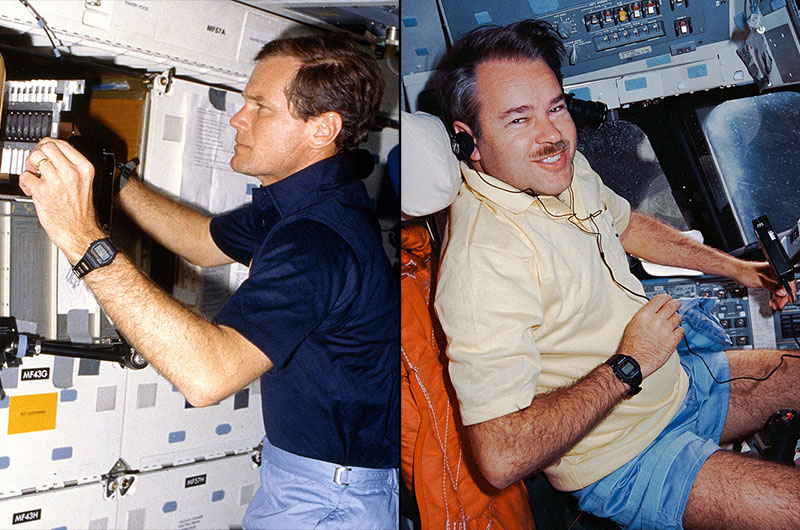
Astronauts aboard the space shuttle (pictured, STS-61C payload specialist Bill Nelson, at left, and STS-36 commander John Creighton) had the option of wearing the Casio G-Shock DW5600 as one of several NASA-approved wristwatches for spaceflight. (NASA)
With the 70’s inspired ‘worm‘ logo on the front of an otherwise clean dial to meet NASA branding requirements, the watch has the Stars and Stripes emblazoned on the strap keeper and a subtle print of NASA spelt out: National Aeronautics and Space Administration. The worm logo was recently reinstated by NASA as a secondary logo. In 1992, the 1970s brand was retired – except on clothing and other souvenir items in favor of the original ‘Meatball’ graphic from the 1950’s.
The retro, modern design of the agency’s logo will help capture the excitement of a new, modern era of human spaceflight on the side of the Space X Falcon 9 launch vehicle (Below) that will ferry astronauts to the International Space Station. So this is a timely release on a popular watch brand, that is maybe intended to ignite the public awareness of the once mighty agency, and get Americans excited about space travel again.
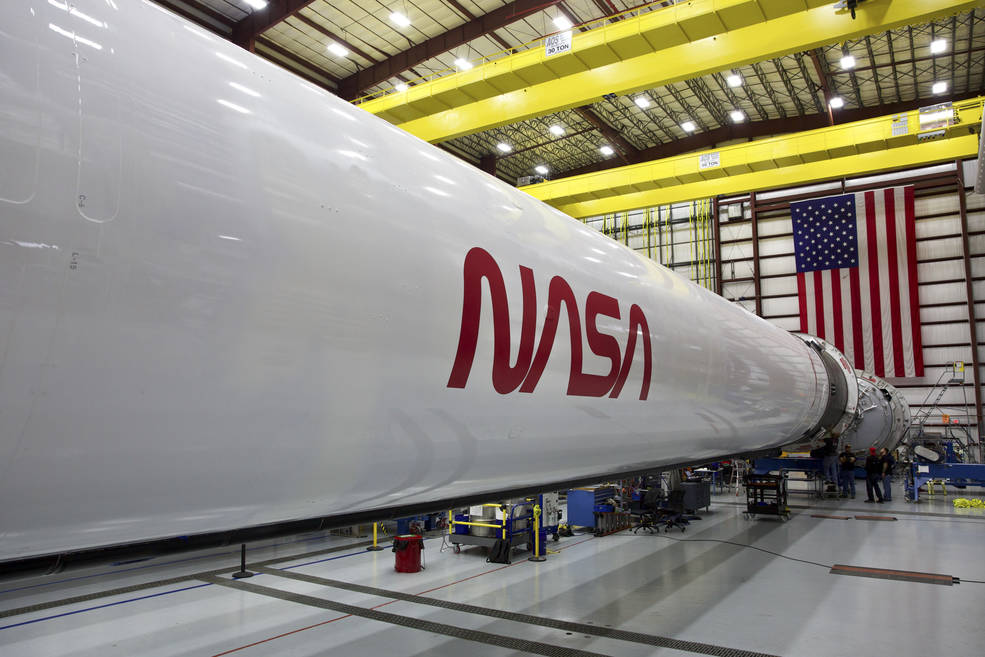
Origin of G-Shock
The specifications on the G-Shock web site are brief, and don’t do the watch justice. Established in 1983 and the brainchild of Casio engineer Kikuo Ibe, the timepiece shattered the reputation of a watch as a fragile piece of jewellery and fused function with design to create the uniqueness that is G-SHOCK.

Heartbroken by a broken pocket watch given to him by his father, Mr. Ibe set about creating ‘the unbreakable watch based upon a triple 10 philosophy. It should be water resistant to 10bar, have a minimum 10 year battery life and most importantly, survive a minimum 10 metre drop. No wonder it’s a hit with the military and active types who don’t want to carry a USB charger everywhere with them.
G-Shock in Space
According to the Smithsonian: One of the most popular timepieces in the Space Shuttle era was the durable Casio G-Shock (gravitational shock) wristwatch with stopwatch feature and countdown timer. It is resistant to vibration, water, and being struck. Often worn by athletes and military personnel, it holds up to rugged wear and tear. NASA sent the watch below to the Museum after it was no longer needed for astronaut use.
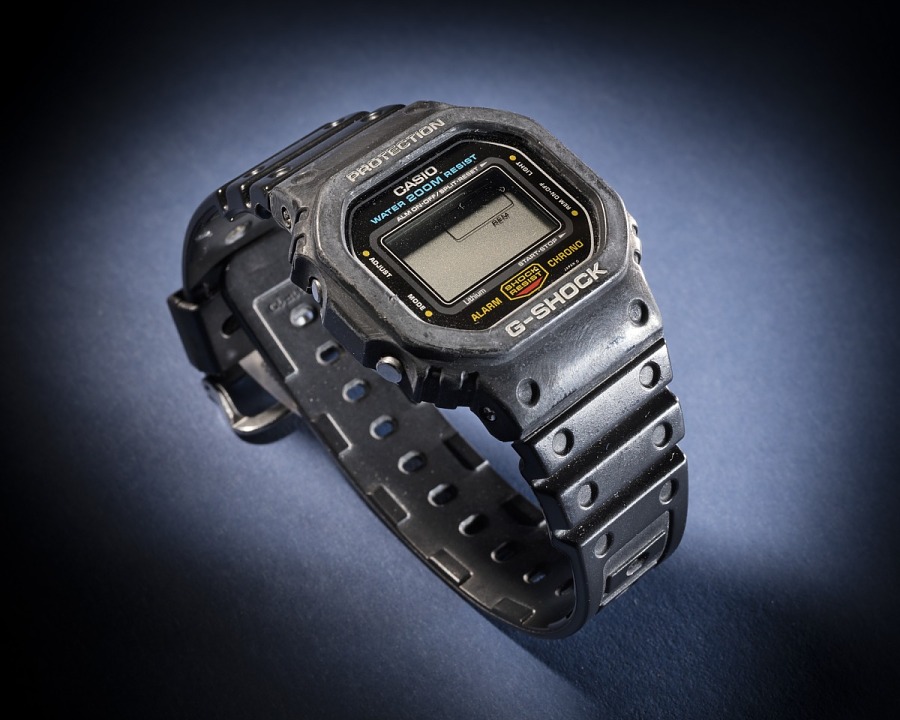
Looking through the Time in Space section on Star2Star: The G-Shock DW-5600 is another of the few watches that NASA has qualified for spaceflight. Housed in an extremely durable machined steel case, its inner workings use floating module technology kept in place by internal shock buffers, all safely stored behind thick mineral glass. Beyond being durable, this watch is multifunctional. It can manage and display multiple times (like local time in Houston and mission elapsed time), work as a stopwatch, manage countdowns, and boasts a battery life of more than ten years.
It’s also water resistant, which might not seem necessary in space but does promise to improve its active lifetime on an astronaut’s wrist both in space and on Earth; the DW in the name stands for “Digital Water resistant.” For all its impressive features, this watch’s easy-to-read digital face made it a favorite among astronauts, specifically Shuttle astronauts. Many found it useful when timing precision mission events or running tightly time controlled experiments.
The only area where the good old mechanical wrist watch still beats this upstart is in EVA. The Omega Speedmaster is still the only Flight Qualified watch holds this crown. Extra Vehicular Activity is no place of an LCD watch where temperature extremes and the vacuum of space would render the display useless pretty quickly.
Summing Up
Learn more about watches in space by checking out my articles on the Omega Speedmaster.
Specifications:
-
- Module: 3229
- Size of case 48.9 x 42.8 x 13.4 mm
- Total weight 53g
- Shock resistant
- 200m water resistance
- Electroluminescent backlight afterglow
- Flash alert
- Flashes with buzzer that sounds for alarms, hourly time signals
- 1/100second stopwatch
I found some of the pictures used in this article through Google Images and Hodinkee.com. If these pictures point out to be yours and you would like me to credit you, please let me know. I have credited the images on the YouTube channel based on the meta data within the image.

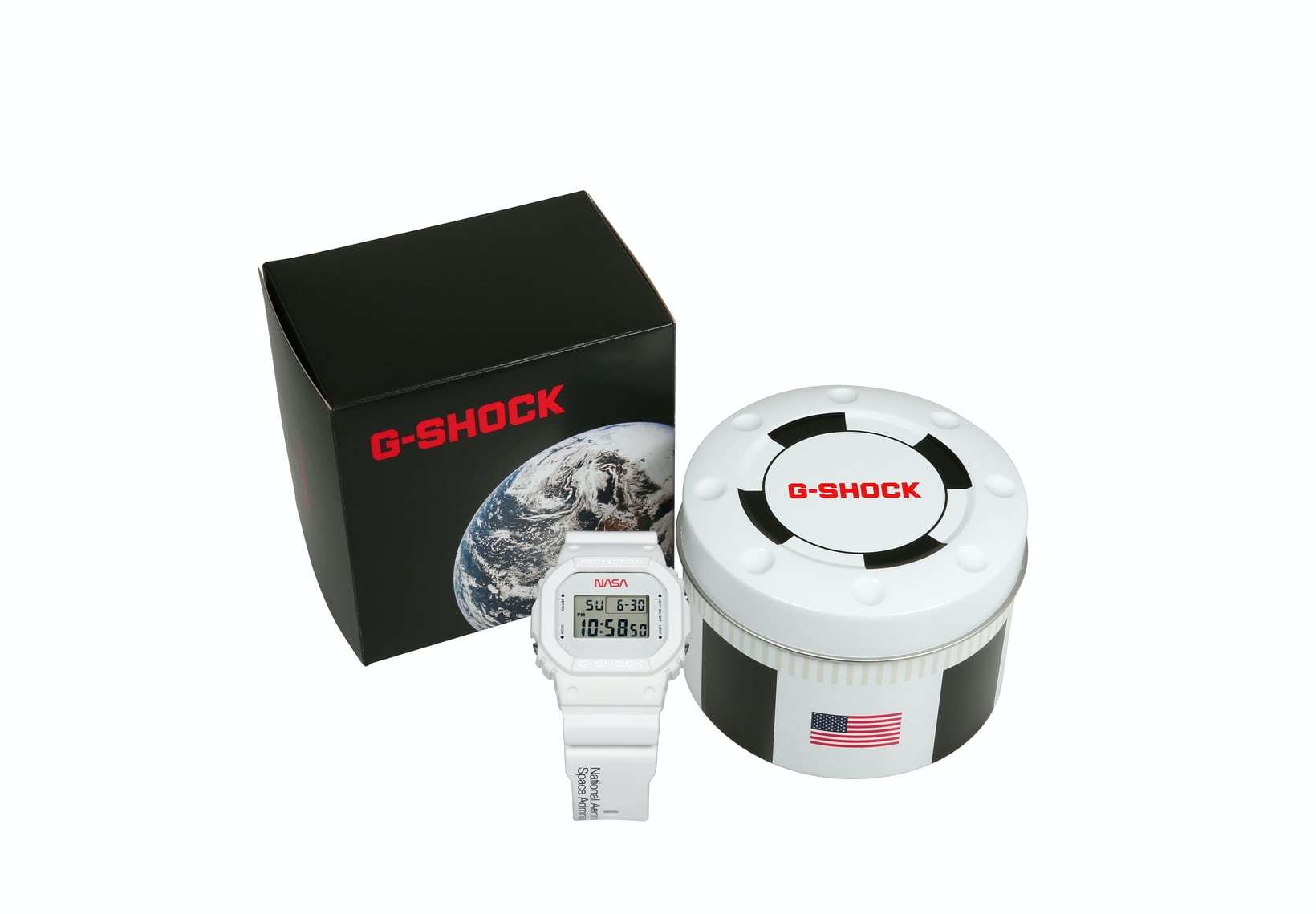
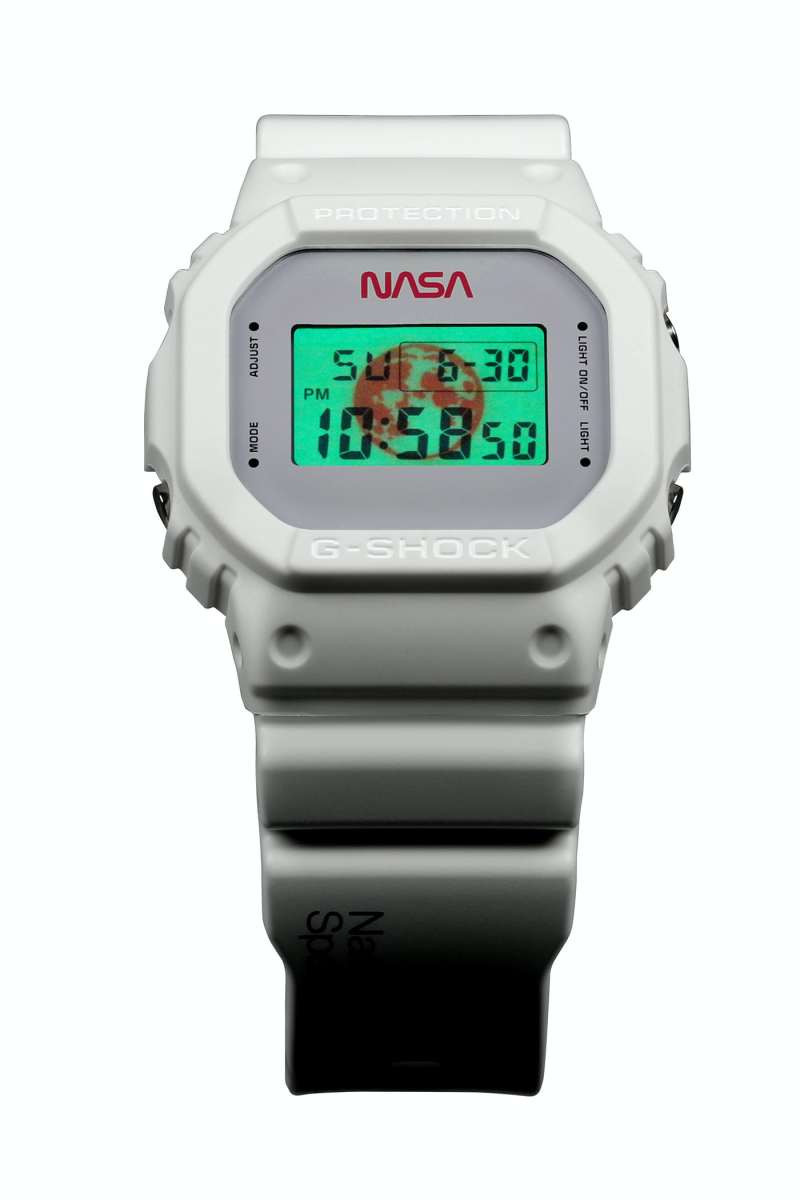
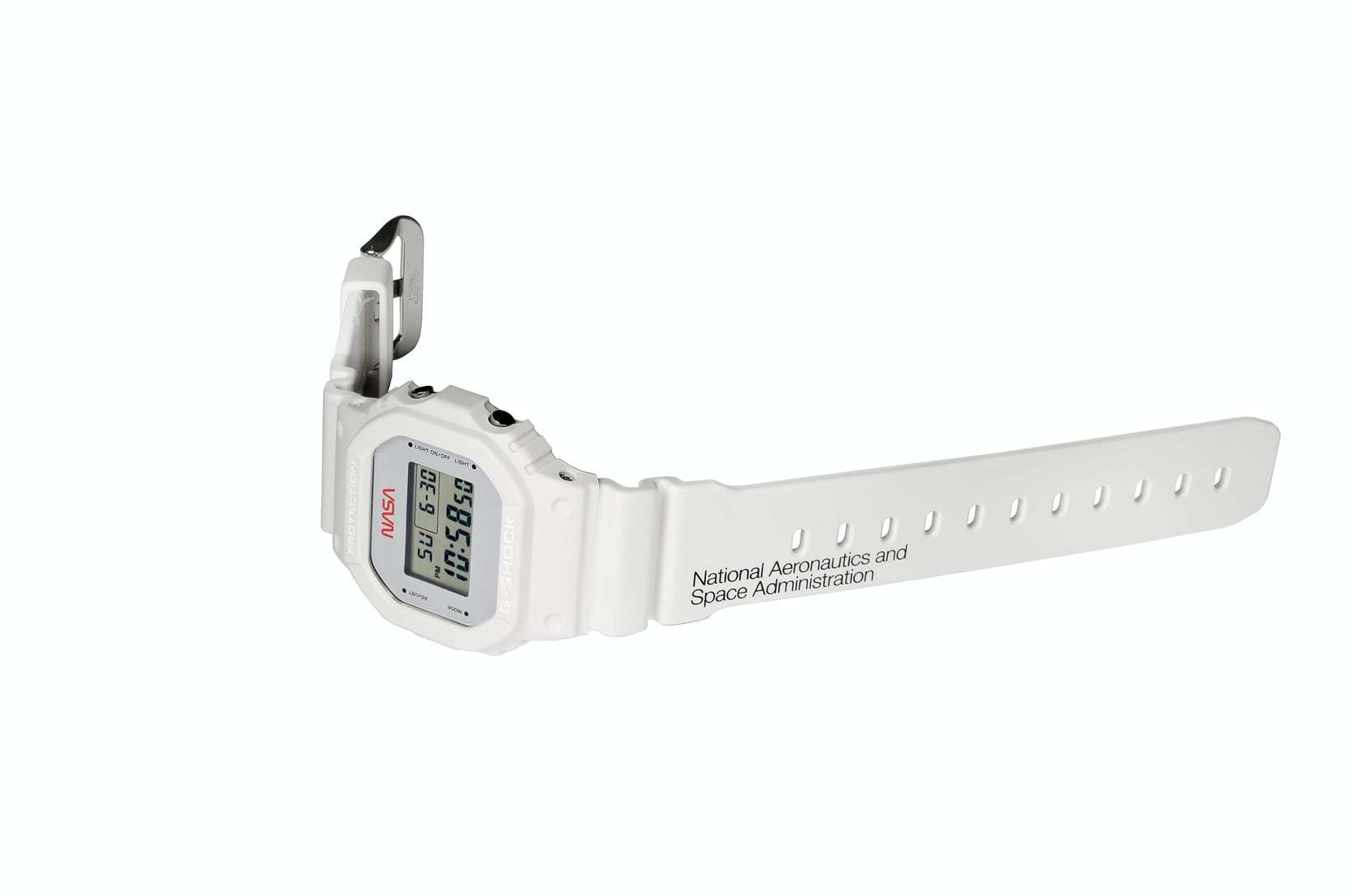
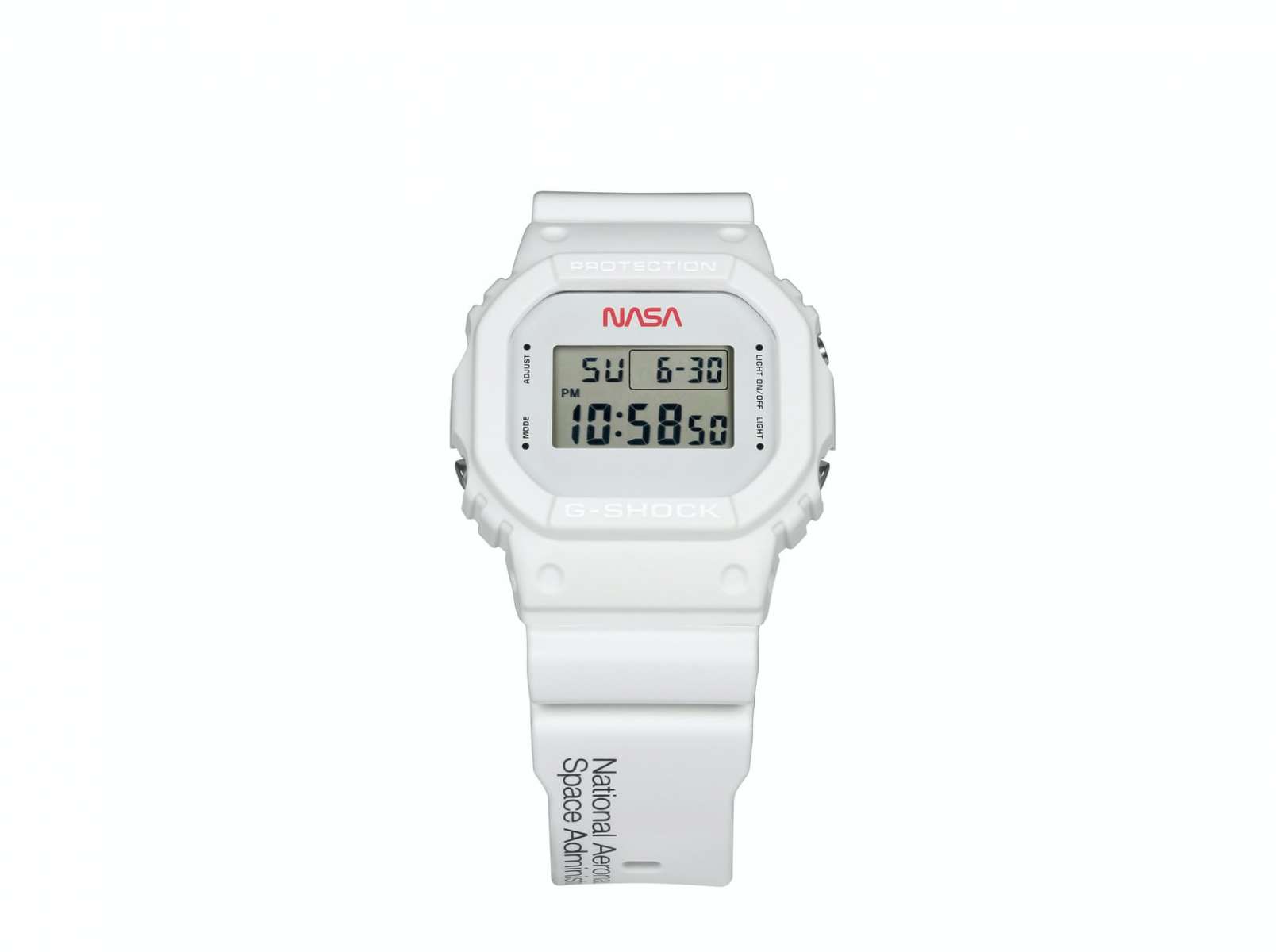
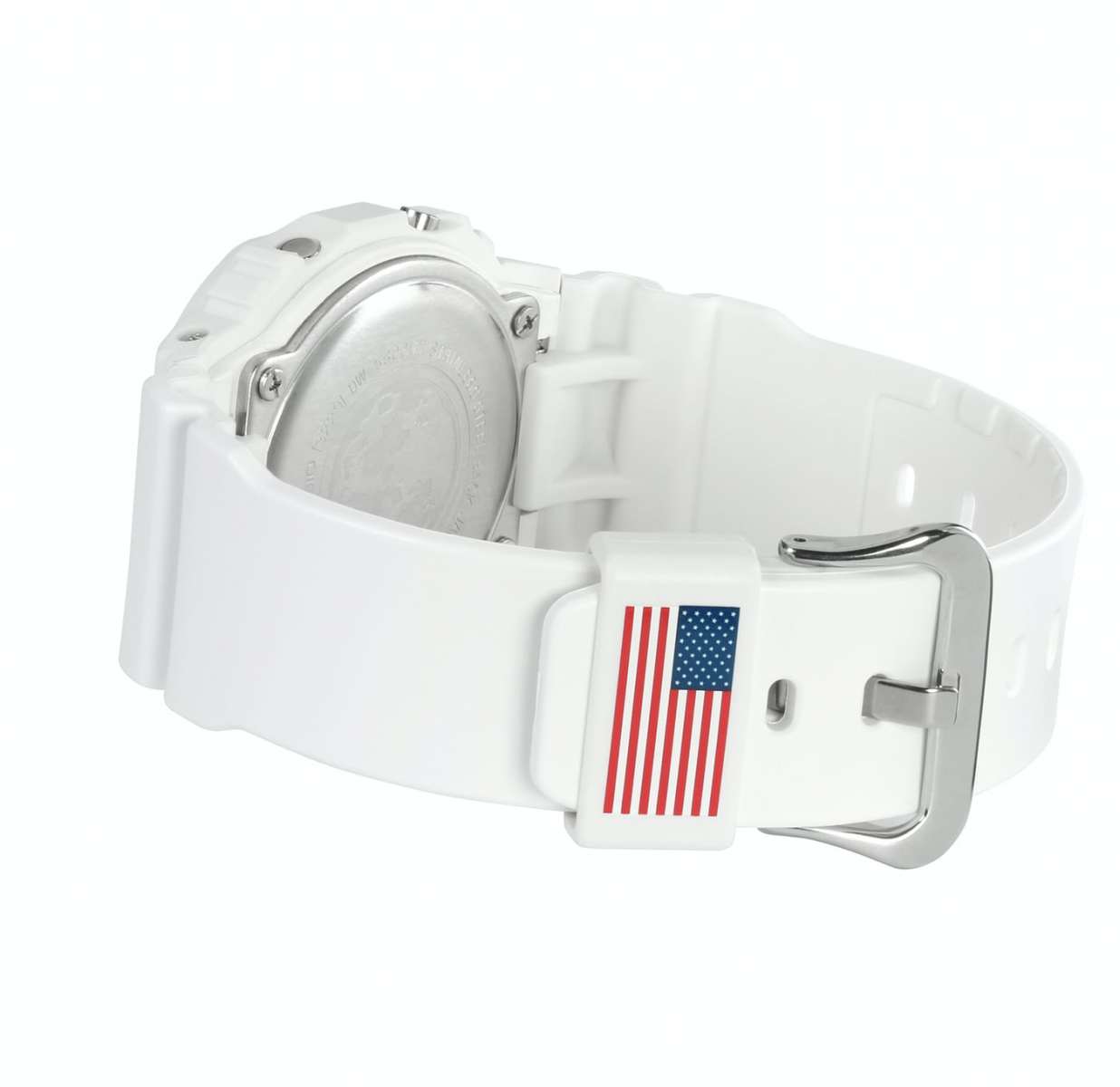
Pingback: Why Do We Collect Watches Part #1 — The English Watch